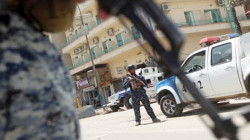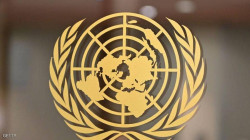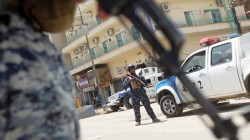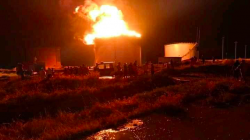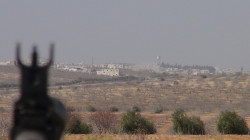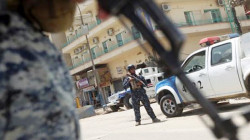State of Law Coalition claims six government positions in Nineveh
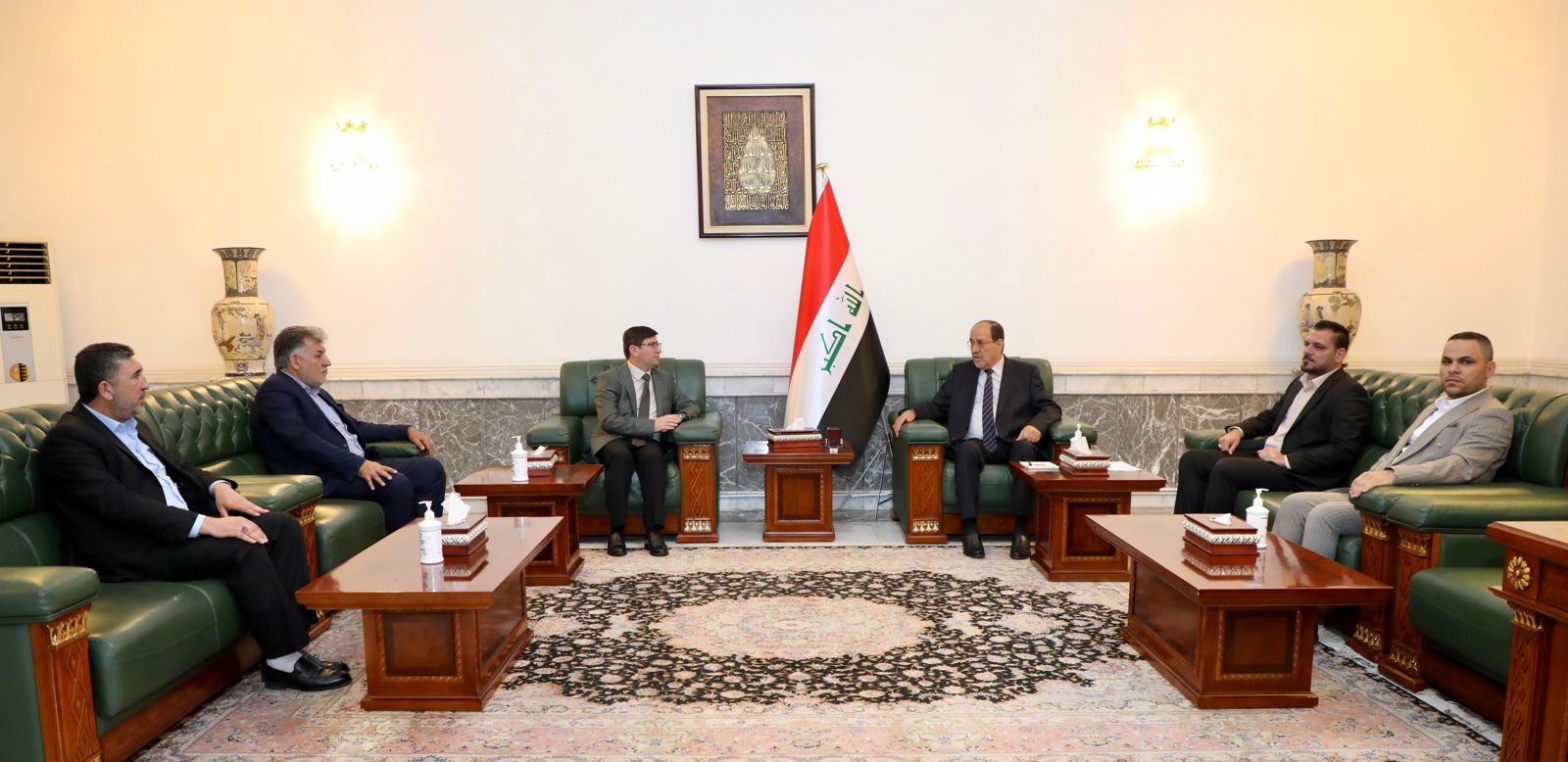
Shafaq News/ The head of the State of Law Coalition's office in Nineveh asserted that the coalition is entitled to six positions in the local governorate.
Maad Al-Khalidi told Shafaq News Agency that the State of Law leader Nouri al-Maliki and the coalition's office directors in Nineveh met in Baghdad "to finalize the distribution of positions in the local government."
Al-Maliki confirmed that "the Al-Hadbah Alliance, part of the Coordination Framework (CF) in Nineveh, is entitled to six government positions based on its electoral weight and members in the Nineveh Provincial Council."
Notably, the Framework, bringing together several of Iraq's most influential Iran-allied military-political groups, including the Badr Organisation and Asaib Ahl al-Haq, secured 12 seats out of 29 in the Nineveh Provincial Council. This achievement marks the highest percentage attained in previous sessions of provincial councils.
In addition, sources in Mosul informed Shafaq News Agency about members of the Unified Nineveh Alliance (Tahalof Ninawa) defecting and joining the Provincial Council's coordination office.
The Unified Nineveh Alliance comprises parties such as Nineveh for its People, Al-Hasm, Progress, Sovereignty, and Al-Azm, and it holds 13 seats.
Iraq's governing Shia alliance has emerged as the predominant winner in provincial elections held in December 2023.
The Iraqi state media reported the final results, saying that CF secured 101 out of 285 council seats. This victory is considered a significant boost for Iran-aligned groups within the coalition as they continue to amass influence in the lead-up to the parliamentary elections scheduled for 2025.
The CF, already the largest bloc in Iraq's parliament, presented three lists in the provincial election. Despite running separate lists, they announced their intent to govern collectively after the vote, marking the first agreement in a decade.
This electoral success enhances the CF's sway over Iraq's influential provincial councils, which appoint regional governors and allocate budgets for health, transport, and education.
